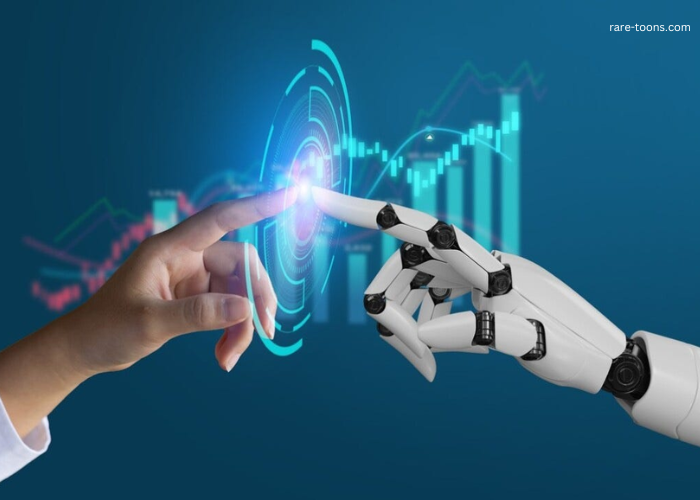Artificial Intelligence (AI) is no longer a concept confined to the pages of science fiction. Over the past decade, it has evolved into a transformative force reshaping industries, enhancing daily life, and redefining the boundaries of what technology can achieve. As AI continues to grow, its influence spans diverse sectors, from healthcare to entertainment, heralding a future that promises both opportunities and challenges.
Revolutionizing Healthcare
AI’s impact on healthcare is profound, with applications ranging from diagnostics to personalized medicine. Machine learning algorithms can analyze medical images with remarkable accuracy, often rivaling or surpassing human radiologists. Predictive analytics enables early detection of diseases like cancer and diabetes, while AI-powered tools assist in drug discovery, significantly reducing the time and cost of development. For instance, virtual health assistants and chatbots provide patients with real-time support, improving access to care and efficiency.
Transforming Business Operations
Businesses worldwide are leveraging AI to streamline operations, enhance customer experiences, and gain competitive advantages. AI-driven analytics provide actionable insights from massive datasets, enabling smarter decision-making. Automation, powered by AI, is optimizing supply chains, improving productivity, and reducing costs. Moreover, natural language processing (NLP) technologies, such as chatbots and virtual assistants, are revolutionizing customer service, offering 24/7 support and personalized interactions.
Enhancing Education
In education, AI is paving the way for personalized learning experiences. Adaptive learning platforms use AI to tailor educational content to individual students’ needs, helping them overcome challenges and achieve their potential. Virtual tutors and AI-driven assessment tools provide immediate feedback, while predictive analytics identify at-risk students, allowing educators to intervene early. This transformative power ensures a more inclusive and effective learning environment.
Driving Innovation in Transportation
The transportation industry is undergoing a paradigm shift with AI at its core. Autonomous vehicles, powered by advanced AI algorithms, are set to revolutionize how we travel. From self-driving cars to drones delivering packages, AI is enhancing safety, efficiency, and convenience. Traffic management systems, leveraging AI, optimize routes and reduce congestion, contributing to greener and smarter cities.
Reshaping Entertainment and Media
AI is also transforming the entertainment and media landscape. Streaming platforms use AI to recommend personalized content, enhancing user engagement. AI-generated content, including music, art, and scripts, is pushing creative boundaries. Additionally, AI-driven analytics help media companies understand audience preferences, enabling them to deliver targeted and compelling content.
Ethical Considerations and Challenges
Despite its transformative potential, AI raises significant ethical and societal challenges. Issues such as data privacy, algorithmic bias, and job displacement require careful consideration. The development and deployment of AI must prioritize transparency, fairness, and accountability to ensure its benefits are equitably distributed. Policymakers, technologists, and society must collaborate to address these challenges and foster responsible AI innovation.
The Road Ahead
As AI continues to evolve, its potential to shape the future is boundless. From enhancing quality of life to solving complex global challenges, AI is poised to redefine human potential. However, realizing this future requires a balanced approach that embraces innovation while addressing ethical and societal implications. By doing so, we can harness the power of AI to create a smarter, fairer, and more sustainable world.

